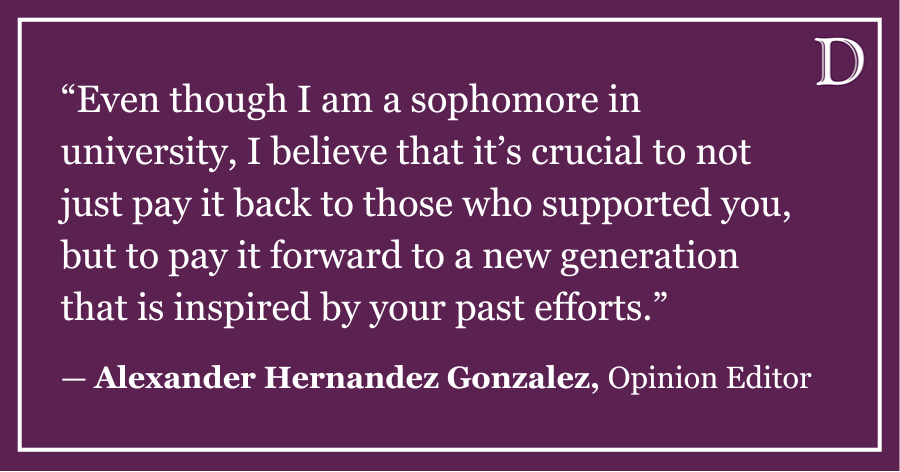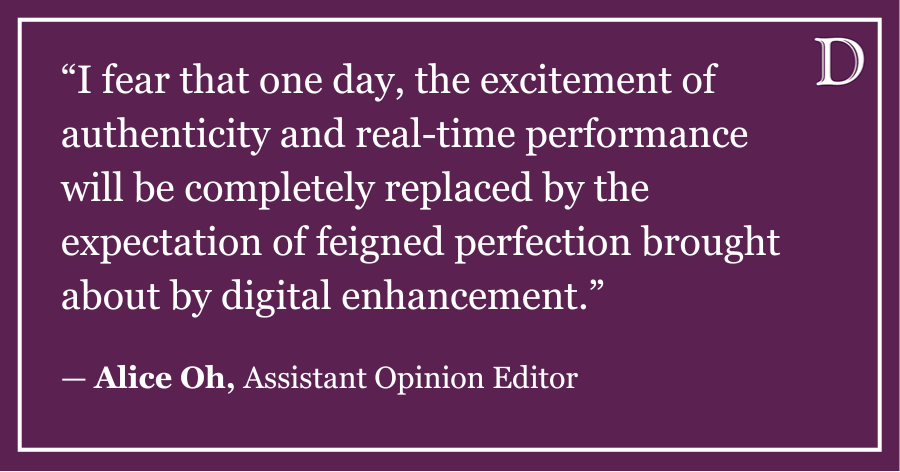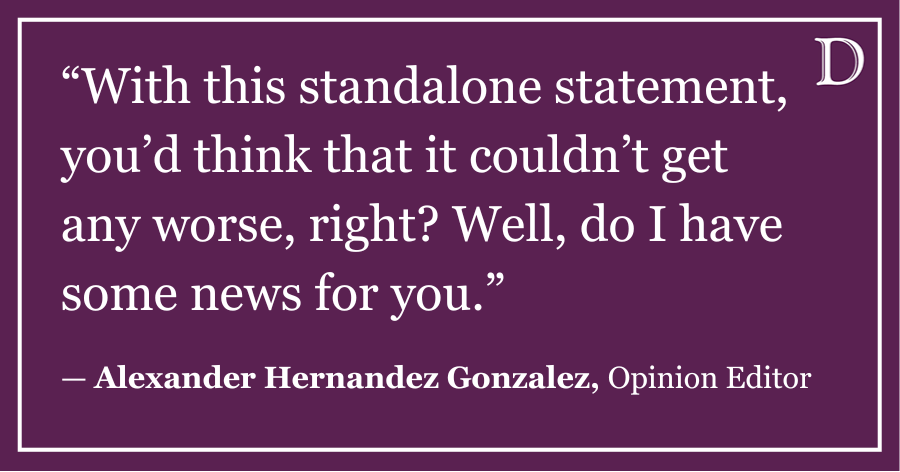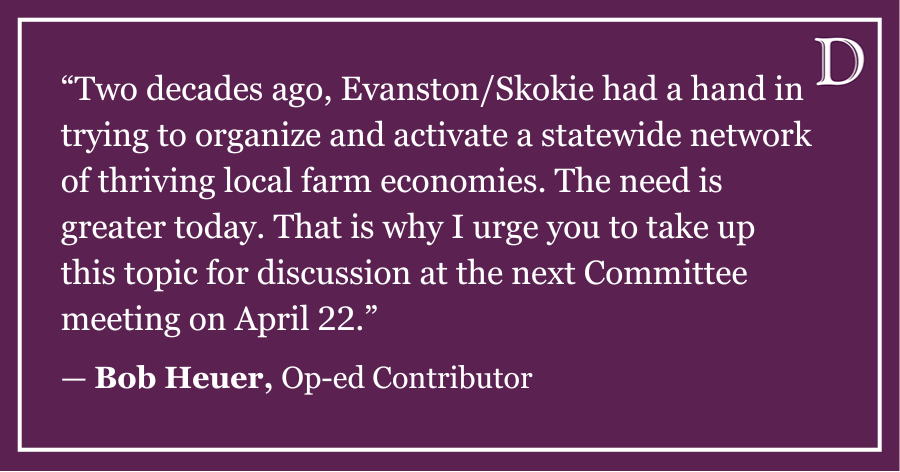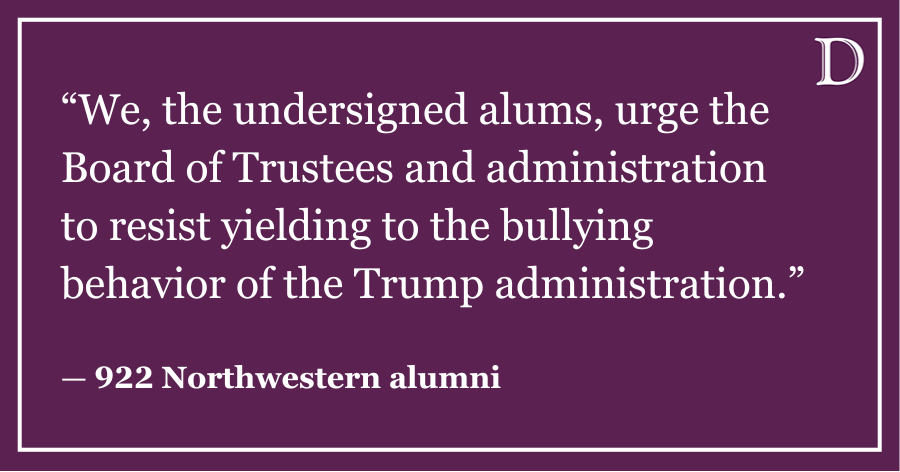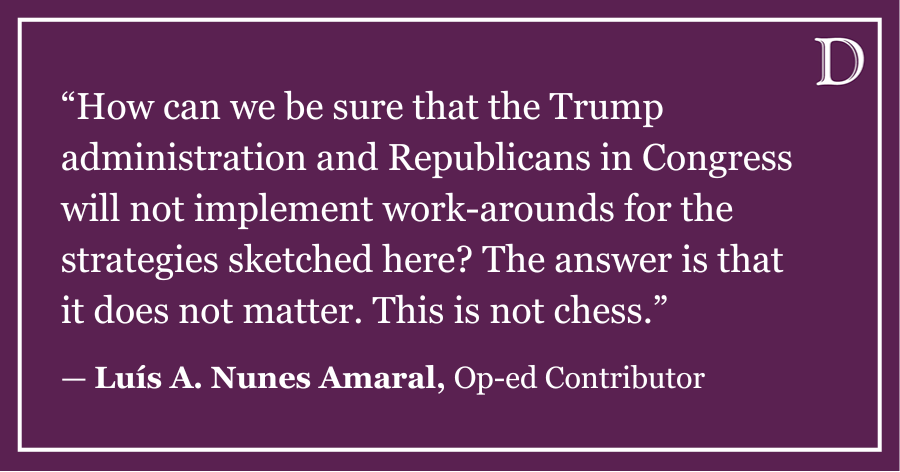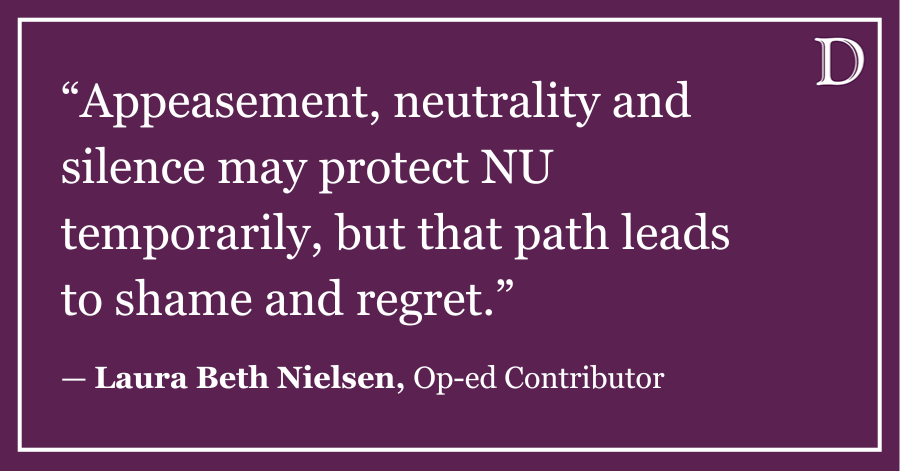This is my second year interviewing candidates for the Northwestern M.D./Ph.D. program, and I have noticed that many of the applicants are woefully underprepared. Now, back when I was applying, the interview was simple: they would wheel out an unconscious patient, remove their heart, and you would have to re-attach the organ, all while explaining which historical figure you would most like to have lunch with. If the surgery was a success, and you correctly stated that you would meet Hitler to poison his sandwich, you would be accepted. But alas, medical school interviews nowadays are simply “answering questions” to determine if the candidates are “qualified” and not if they are capable of “murder.” Although it has decreased the number of interview related-deaths, it has made preparation that much harder, so I am here to offer some helpful tips.
First, try to relax. Most medical school applicants do not appear comfortable answering questions about themselves, no matter how loudly I yell at them. In many cases, they seem to have hired a struggling actor to interview in their place, performing their one-man play “Below-Average GPA 2: Still Re-Applyin’!” and forgetting their lines halfway through. Do not do this. You should be able to answer the questions without any rehearsal, though sometimes … you know, it makes it hard to … like, you’ll say one thing … and come wrong words out. To help calm down, you should pretend your mother is asking the questions. Not only will this make your answers more concise and honest, it will help remind you that you are a big disappointment to the interviewer, as well!
Also, I understand that you want to be a doctor because you want to “help people.” But here’s the truth: doctors do not help people. The Chinese restaurant on my block sells 10 crab rangoons for $4, which means I go there three times a week to contemplate how awesome my life is. This restaurant helps people. Patients who are pulled from the icy maw of death after 18-hour surgeries don’t describe their team of physicians as “pretty helpful.” If you can show that you understand that being a good doctor means more than getting good reviews on Yelp, it will make your interview responses that much more compelling. Or you can just bring some crab rangoon to your interview, because everyone loves crab rangoon.
Here’s something else you should know: medical school is hard. My classmates were always complaining about the massive amount of material to memorize, the punishing exam schedule and the relentless clinical assignments. Since I am a level-97 genius (the only person ever to beat Stephen Hawking in Chinese checkers), it was easy for me. I was able to instantly memorize all information upon first glance and integrate it effortlessly into complex clinical scenarios, all while building lifelong friendships with every patient I met. But it will be hard for you, because your feeble mind cannot even identify which member of One Direction is an android (hint: it’s the cute one!). So during the interview, you should make it clear you will be able to withstand medical school’s educational onslaught. We cannot accept anyone less, since we have seen such individuals driven mad and forced into low-tier specialties like family medicine, which unfortunately value patient care over sweet, sweet cash.
“Why do you want to be a doctor?” You will be asked this. A lot. Over and over. So your answer better be good. In fact, it had better be so mind-bogglingly amazing, you should make the interviewer kick back their chair, call the dean of the medical school, and demand you accept an honorary M.D. for simply giving them a chance to hear such a magnificent answer. But barring that, you should try to at least be coherent. You need to think about what motivations will be able to propel you through the struggles of medical school, residency, fellowship, and eventually to the obsessive and overwhelming way you will pour yourself into your work, leading to the inescapable black hole of wealth and power that will fill your empty heart.
In the end, just be yourself in the medical school interview! If “yourself” is someone who can handle the grueling abyss of medical school and beyond, you will be rewarded with an offer. And if “yourself” is grossly underqualified for medical school, your implosion of incompetence and failure during the interview will serve as a helpful benchmark for the interviewer, making the evaluation of future, more qualified candidates much easier. Go get ‘em!
Sai Folmsbee is a Feinberg graduate student. He can be reached at sai@fsm.northwestern.edu. If you would like to respond publicly to this column, send a Letter to the Editor to opinion@dailynorthwestern.com.



